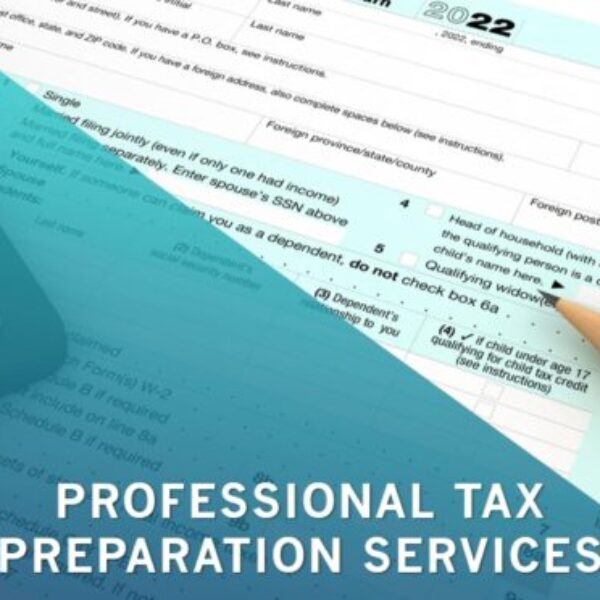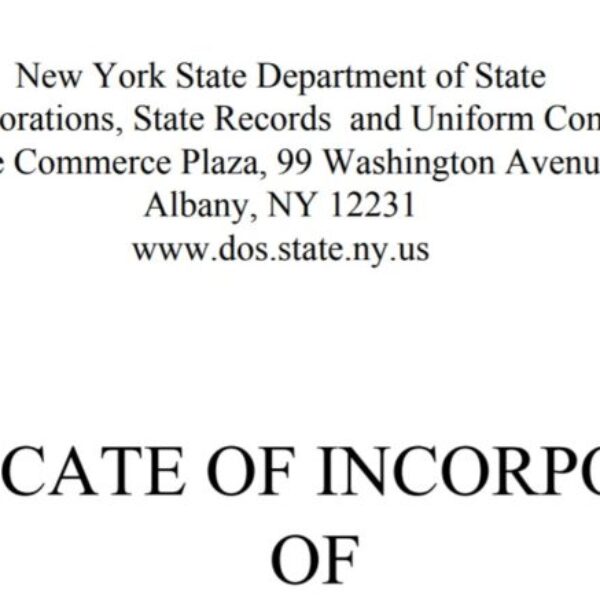Description
Good record keeping is essential to efficient business operations. It is also critical for all legal related issues. Setting up a record keeping system is not exciting and doing paperwork can be time consuming. But creating and maintaining a well-organized system is easier than fixing a poor one.
Here are some ways to organize important business records. Combine one or more of these categories or break them down, depending on the nature and complexity of your business.
- Accounting and Bookkeeping Records
Sales and expense information, inventory, ledgers, income statements, balance sheets, cash flow statements, and other financial statements should all be Archive yearly.
- Bank Records
Bank statements, cancelled checks, bank reconciliations, notices from and to your bank, deposit slips and any loan related notices and documents. Archive yearly.
- Contractual Agreements
Contracts, real estate leases, equipment leases, purchase agreements, sales agreements, joint venture agreements, work for hire agreements, and other contracts.
- Corporate Records
Articles of Incorporation, Bylaws, Shareholder Minutes and Consents, Board Minutes and Consents, state filings, Action of Incorporator, and amendments to the various corporate documents. If your business is not a corporation, then the other documents that may be relevant here are partnership agreements, LLC documents, consents of the owners and similar records.
- Correspondence
Important letters sent and received by mail, faxes and important e-mail that you want to make sure is not lost and should be kept in hard copy.
- Employee Records
Employment applications, actual employment offer letters, employee handbook or policies, employment agreements, performance appraisals, employee attendance records, employee termination letters, W‑2s, and any settlement agreements with terminated employees.
Discover more from My Business Web Space
Subscribe to get the latest posts sent to your email.




Reviews
There are no reviews yet.